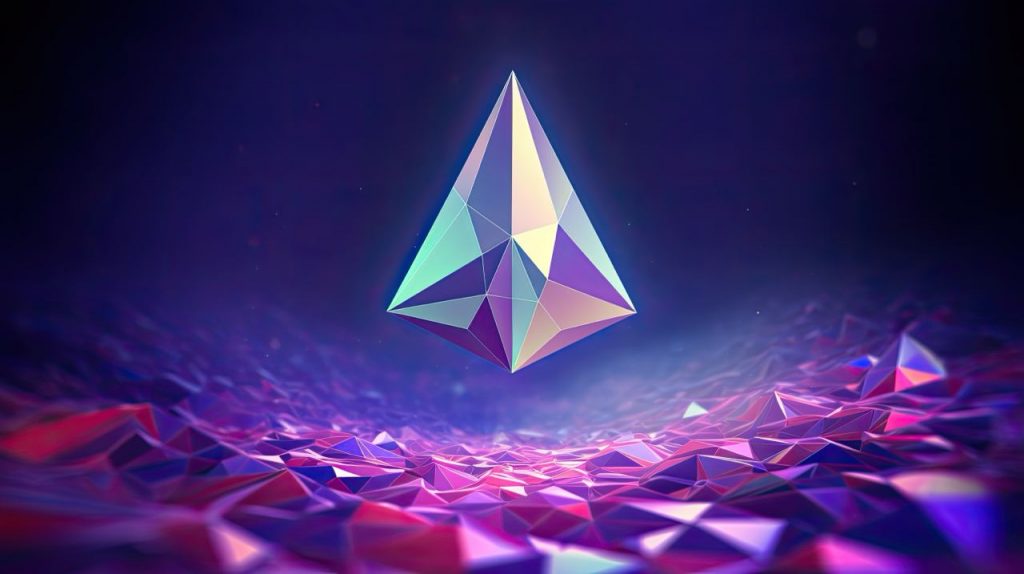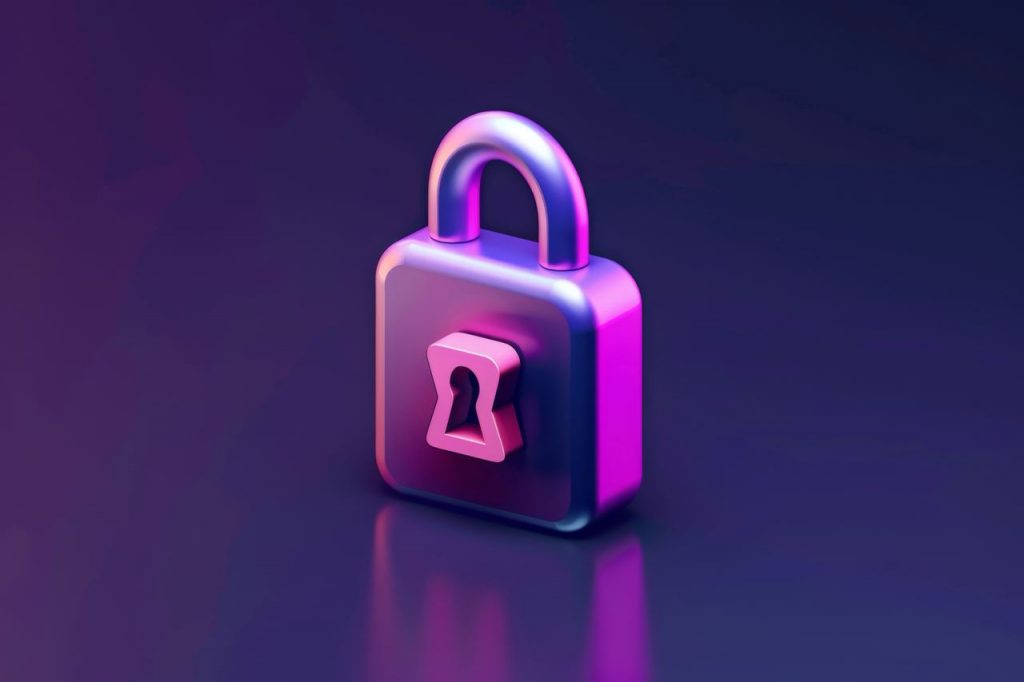
The world is changing fast, especially after the global pandemic we all experienced.
Remember the long lines and limited services during COVID-19? Well, many businesses are looking for new ways to operate more smoothly and efficiently. That’s where Dapps* come in!
These are kinds of digital apps that run on a blockchain, which makes them more secure and potentially game-changing.
dApps are growing in popularity like crazy. In fact, a recent study showed a 200% increase in Dapp users in the past year alone. So, what exactly are Dapps, and how can they help you? Let’s find out! At FortySeven we help our customers to build dApps, ensuring the implementation of best practices and expertise.
Key takeaway
- Decentralized applications (dApps) on blockchain offer faster transactions, improved security, and user control, potentially revolutionizing industries like finance, gaming, and supply chain management.
- Businesses should research dApps thoroughly, be cautious of unrealistic promises, and audit them by reputable security firms.
- Selecting the right dApp development company requires technical skills, smart contract experience, and ongoing support.
Understanding Decentralized Applications (dApps)
Let’s think of the apps on your phone – the ones you use for social media, games, or shopping. These apps are typically “centralized,” meaning they’re controlled by a single company that makes the rules and stores your data on their servers.
But what if there was a way to have apps that are more secure, transparent, and user-controlled? That’s what decentralized applications (dApps) do!
dApps are apps that run on a decentralized network, typically a blockchain, rather than a single server or computer. These have been developed with blockchain technology and use cryptocurrencies as a means of exchange. dApps are considered part of Web 3.

Difference Between a Centralized and Decentralized App (dApps)
Centralized apps run on servers managed by a single entity, which means that the application software is owned and controlled by the owner or company. DApps, on the other hand, rely on blockchain and peer-to-peer networks that operate independently of a central authority.
Think of a regular app like a popular social media platform. The company behind the platform dictates everything – the terms of service, how your data is used, and even what content gets filtered.
You, the user, just have to agree to their rules to use the platform. dApps, on the other hand, are more like an open-source software project. Here, developers from all over the world contribute code and ideas to the project, making it more secure and reliable.
How dApps work?
So how does this community contribute to the coding process? we explained this puzzle in a very simple way:
Code:
The app’s code is written by developers, but unlike a regular app, it’s open-source, meaning anyone can see and contribute to it. Think of it as a shared space just like the community of Github.
Data
Instead of being stored on one server, a dApp’s data is spread across a network of computers. This network is called a blockchain, which is like a giant, secure public ledger that everyone can access.
dApp Platform
dApps don’t run on your phone directly. They run on special platforms built on blockchains. These platforms act like the physical stand where the products or code is made and shared.
Why Businesses Should Consider Developing dApps
Decentralized applications (dApps) offer a novel approach that could completely transform customer service. Here’s why businesses should consider developing dApps:
- No need for a Middleman: Unlike traditional apps controlled by a single company, dApps operate on a decentralized network.
- Lower Costs: Businesses can potentially save money by eliminating fees associated with intermediaries.
- Faster Transactions: Without a central authority to approve things, transactions and interactions within the dApp can happen more quickly.
- Improved Security: Customer data is stored across a network of computers, making it much harder for hackers to steal it.
- Transparency: Since the code behind a dApp is often open-source, it’s visible to everyone. This transparency fosters trust and allows users to see exactly how their data is being used.
- Full Control: dApps can be designed to give users more control over their data. Imagine letting your customers choose how their purchase history is used for future recommendations!
At FortySeven we can help you in your Web3 journey, from the very beginning. We help clients to build technical solutions that the project is getting liquidity, trust from community and the real value. We do Smart Contracts and Audits of Smart Contracts, and many more. Get a complimentary consultation to know how we can be helpful for you.
DApp Real Use Cases
We’ve explored the inner workings of dApps, but what can they actually do? Here are some exciting real-world use cases where dApps are being used in these days. We are expected to see significant rise in these domains.
Decentralized Finance (DeFi)
DeFi dApps leverage blockchain technology to enable peer-to-peer lending, borrowing, and trading of cryptocurrencies. They cut out the middleman (traditional banks), potentially offering users lower fees and more control over their finances.
Gaming with Real Ownership

dApps can revolutionize gaming by creating in-game assets that truly belong to players. These “crypto-collectibles” can be stored on a blockchain and even traded with other players, creating a whole new level of engagement and ownership within gaming.
Secure Supply Chain Management
Ever wonder where your clothes come from or how fresh your groceries really are? dApps can track products throughout the supply chain, providing real-time data on origin, transportation, and even environmental impact.
Decentralized Social Media
Social media platforms built with dApps can offer a user-controlled experience. Users can own their data and control how it’s used, potentially creating a more censorship-resistant environment.
Identity Management
dApps can store your identity information securely on a blockchain, allowing you to easily verify your identity for various services without relying on centralized databases.
Scams Involving dApps
Just like any new technology, some try to exploit it for personal gain. The dApps also has major scams and some commons ones are below:
Fake dApps
Deceptive developers might create fake dApps that look legitimate but are designed to steal your funds. Always research a dApp thoroughly before interacting with it. Check online reviews, user forums, and look for information from reputable sources. In 2020, a fake Uniswap dApp emerged, tricking users into connecting their wallets and draining their cryptocurrency holdings.
Phishing Attacks
Scammers might send emails or messages that appear to be from a legitimate dApp, tricking you into revealing your private key or clicking on malicious links. Never share your private key with anyone, and double-check website URLs before logging in to any dApp.
In 2021, a phishing campaign targeted users of the popular dApp platform MetaMask. The scammers sent emails disguised as MetaMask support, urging users to click on a link to “verify their identity.” The link led to a fake login page that stole users’ private keys.
Exit Scams
In an exit scam, developers create a seemingly promising dApp, collect user funds, and then suddenly disappear with the money. Be wary of dApps that make unrealistic promises or offer high returns with little risk.
Smart Contract Vulnerabilities
Even well-intentioned dApps can have bugs or vulnerabilities in their code. These vulnerabilities can be exploited by hackers to steal user funds. Look for dApps that have been audited by reputable security firms to minimize this risk.
“Squid Game” (inspired by the popular Netflix series) launched its token, SQUID in 2022. The price skyrocketed initially, but then the developers dumped their holdings, causing the price to plummet and leaving investors with significant losses.
Regulatory Considerations for dApps

The years ahead will be crucial for figuring out how this technology can be used to improve society while reducing potential risks. Some common risk of dApps are as follows:
- Regulatory Uncertainty: The legal status of dApps remains unclear in many jurisdictions.
- Securities Laws: dApps that offer investment opportunities may be subject to securities regulations.
- Anti-Money Laundering (AML) and Know Your Customer (KYC): Regulations aimed at preventing money laundering may apply to certain dApp activities.
- Data Privacy: dApps that collect user data need to comply with data privacy laws like GDPR.
- Tax Implications: Tax authorities are still grappling with how to tax cryptocurrency transactions within dApps.
As dApps develop, a framework of rules is likely to come along from governments, intended to bring order and stability to the dApp landscape. However, establishing a balance between promoting development and protecting consumers will be a complicated task.
DApps Development Companies

The potential of dApps is undeniable, but building your dApp requires expertise. This is where dApp development companies come in. These companies have the skills and experience to translate your vision into a secure, functional dApp. However, with so many companies out there, choosing the right one can be overwhelming.
Below we listed some tips and things to consider before developing or hiring dApps development companies.
- Technical Skills: A company with a track record of developing dApps on the blockchain platform could best suit your needs (e.g., Ethereum, Solana).
- Smart Contract Development: Smart contracts are the backbone of dApps. Double-check check the company has experience in creating secure and efficient smart contracts.
- Portfolio Review: Look at the company’s past projects to get a sense of their experience level and the type of dApps they specialize in.
- Project Management: Look for a company with a strong project management methodology to ensure your dApp is delivered on time and within budget.
- Security Audits: Choose a company that offers security audits for smart contracts to identify and address vulnerabilities.
- Ongoing Support: Always choose a company that offers ongoing support and maintenance services.
- Pricing: Get clear pricing quotes upfront that outline all costs associated with development, including deployment fees and ongoing maintenance.
Conclusion
dApps are helping a new era of apps – more secure, transparent, and user-controlled. They have the potential to disrupt industries from finance to gaming. Challenges remain, but as the technology matures, dApps could reshape how we interact with technology. We, at FortySeven know exactly how dApps can help to innovate, to grow the stable community, etc. Get a complimentary consultation and know exactly how we can help you.



